Advertisement
Edge computing is quickly changing corporate information processing and equipment operations. Faster decisions come from being able to examine data nearer the source. Two main highlights of its influence are modern coffee bars and autonomous cars. These industries mostly depend on real-time data processing to guarantee safety and serve customers effectively. Edge computing in autonomous cars drives instantaneous obstacle detection and navigation.
Meanwhile, real-time data in coffee shops improves inventory control and customer service. These industries, taken together, show how clever edge technology applications are changing our environment. This article investigates edge computing's practical applications and advantages in these sectors.
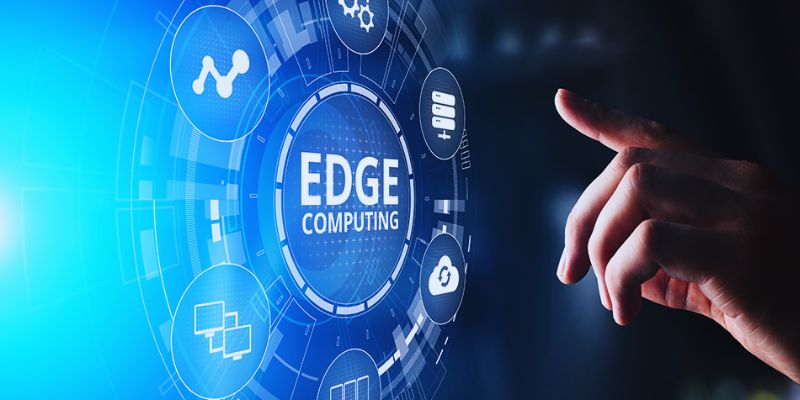
Autonomous cars act based on split-second decisions. Delayed responses could indicate navigational mistakes or mishaps. Edge computing moves data processing closer to automotive cameras and sensors. This setup makes faster reaction times and better safety possible. Today, cars can identify objects in milliseconds. They can change direction and speed without cloud access. Real-time mapping also helps navigation systems avoid traffic and identify better paths.
Constantly gathering information, sensors process it right at the edge. Even in places with inadequate internet access, vehicles can operate. Edge computing also lowers general data expenses by reducing bandwidth utilization. Companies in fleet management gain, too. Edge gadgets help them to track vehicle conditions and maximize paths. Real-time analysis of tire pressure or engine heat data is done. Instantaneously sent maintenance alerts help to prevent delays and failures. Edge computing in autonomous cars increases dependability and efficiency for worldwide transportation systems.
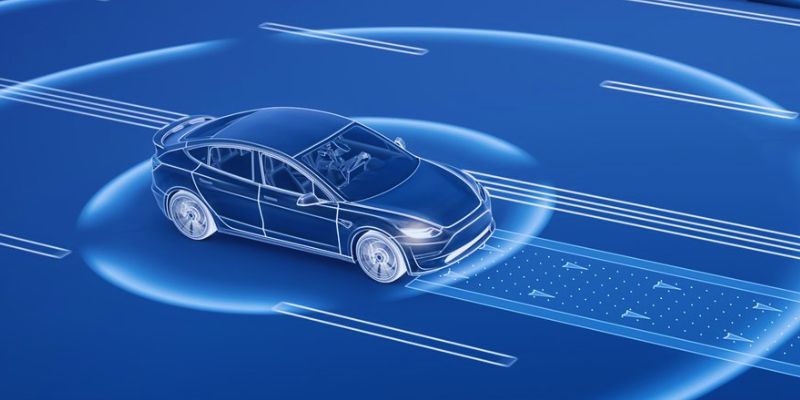
Real-time systems for client happiness and quality service now drive coffee cafes. These developments are substantially aided by edge computing. Point-of-sale systems track inventory and immediately log purchases. Low inventory triggers alarms that alert managers. It keeps popular things on hand and avoids waste. Smart espresso machines ensure ideal temperature and brew timing through built-in sensors. Data gathered is handled right at the edge for instant response. Baristas are aware right away whether something needs to be changed.
Every order results in consistently good coffee. Edge tracks purchases locally, thereby supporting loyalty schemes as well. Edge devices included in queue management systems track consumer wait durations. They advise changing processes or staffing during peak times. It lowers waiting time and increases efficiency. Energy use in coffee shops is another benefit of real-time data. Devices maximize appliance use and track power use. These changes cut environmental impact and help to save costs. Edge technology helps coffee bars increase customer interaction and efficiency.
In retail locations, as much as in automobiles, safety is a major issue. Edge computing improves high-risk instant responsiveness. Systems in cars instantaneously detect pedestrians, signs, and road changes. Radar, LiDAR, and cameras gather enormous volumes of data. Processing it locally guarantees the car responds instantly. Edge platforms can also work with other surrounding vehicles. Using local communication, they immediately disseminate hazard warnings. Over a whole fleet, this data network increases safety. Traffic systems, even in smart cities, sync with autonomous automobiles for safer paths.
Edge gadgets at coffee bars monitor surrounding conditions. Early on, sensors pick out smoke, gas, or too much heat. Alerts travel straight to emergency systems or managers. Employees and patrons are kept secure without waiting for cloud clearance. Edge technology helps compliance in both fields. To guarantee standards are followed, cameras and sensors document activities. Fast evaluations and real-time alarms are made possible by local processing. By acting right away, companies surpass safety concerns.
Latency is a main disadvantage in cloud-only systems. Autonomous cars require decisions in milliseconds. Data sent to the cloud and back takes far too long. Edge computing addresses this by aggregating data close to the source. Cars make driving decisions independently, without delay. Coffee bars suffer delays depending on cloud systems as well. Payments, orders, and customer service all suffer when responses are slow. Edge lessens daily job lag. Payments are handled more quickly. Real-time updating of inventory is done.
Also, improving system uptime means less cloud reliance. Edge systems run even when the internet fails. Coffee machines, POS terminals, and sensors continue operating smoothly. In cars, this dependability is essential for constant driving. Savings also come into play here. Reduced usage charges follow from less data transferred to the cloud. Local processing maintains reasonably priced and effective operations. Edge computing in coffee shops and autonomous cars shows great value and economy for contemporary companies.
Edge computing will only become more important with time. The needs of autos and coffee shops will change along with their developments. Edge with artificial intelligence might be included in future autonomous cars to enhance learning. Cars will be better able to grasp driving behavior and driver preferences. Coffee stores might include voice ordering or facial recognition. Edge computing can manage speedier and more private services locally. Customized menus could fit every consumer. Edge might also support dynamic pricing based on customer demand.
Integration with IoT will bring new degrees of automation. Refrigerators might set automatic supply orders. Smart shelves might monitor consumer behavior and inventory. Vehicles could interact with homes by unlocking doors or adjusting thermostats based on arrival. Manufacturing, healthcare, and education will all similarly use edge systems. Coffee cafes and driverless cars will provide lessons that will direct fresh ideas. Future digital experiences depend critically on the speed and adaptability of edge computing.
Edge computing and real-time data are transforming both coffee shops and autonomous cars. These technologies advance service, safety, and speed. To get immediate results, they handle data locally. Edge-powered technologies let companies lower expenses and enhance experiences. Edge technology guides everything from traffic navigation to coffee brewing. Every day, life gets smarter and more responsive as more businesses use this system. The applications of smart edge technology will define the linked innovation era in many different fields.
Advertisement

Still puzzled by self in Python classes? Learn how self connects objects to their attributes and methods, and why it’s a key part of writing clean code
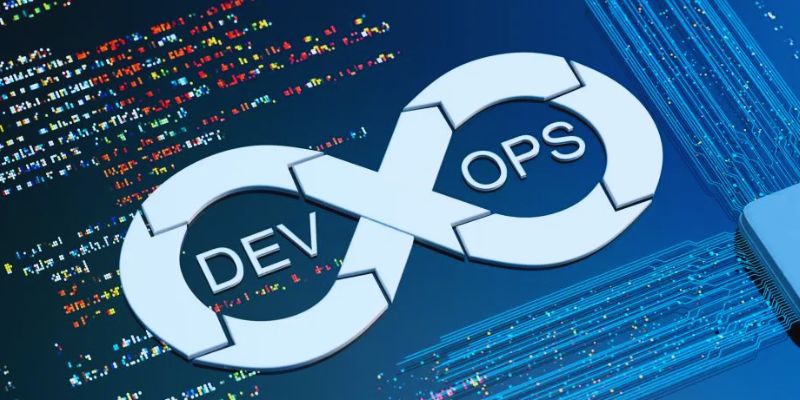
Restructure DevOps for ML models and DevOps machine learning integration practices to optimize MLOps workflows end-to-end
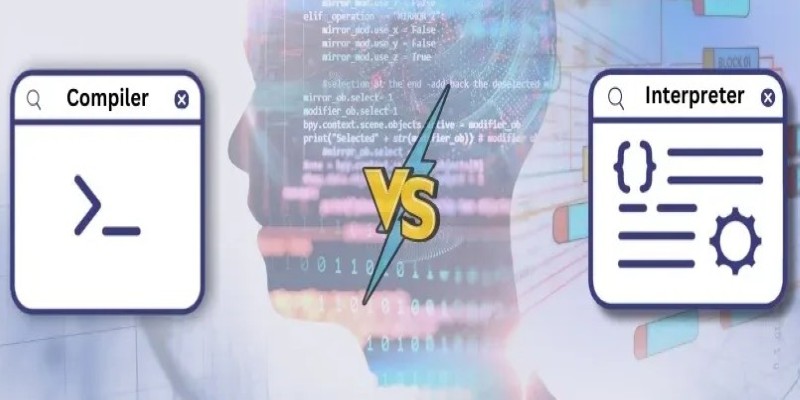
Curious about what really happens when you run a program? Find out how compilers and interpreters work behind the scenes and why it matters for developers
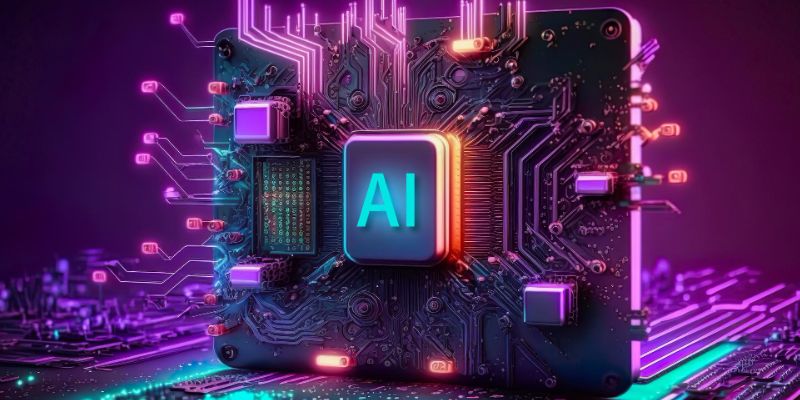
Compare GPUs, TPUs, and NPUs to find the best processors for ML, AI hardware for deep learning, and real-time AI inference chips
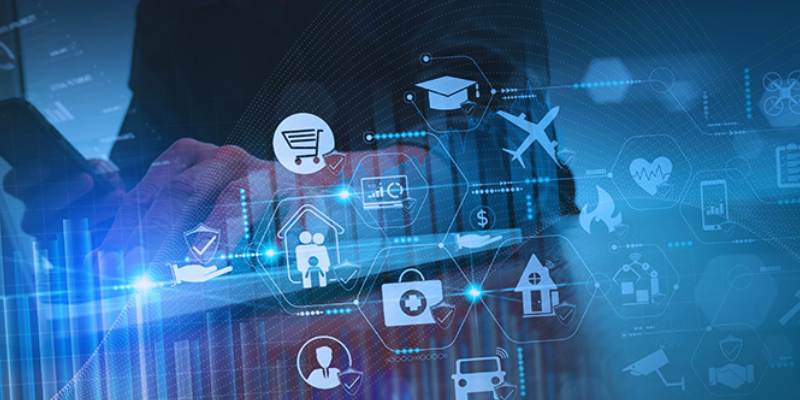
Learn how Automated Machine Learning is transforming the insurance industry with improved efficiency, accuracy, and cost savings
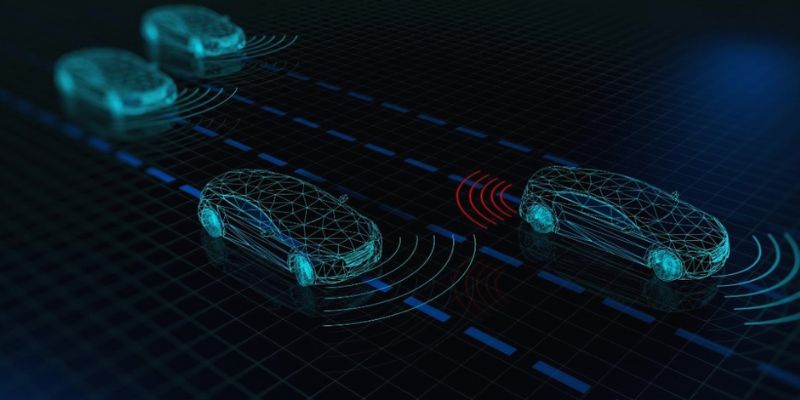
Explore edge computing in autonomous vehicles and real-time data in coffee shops powering smart edge technology applications
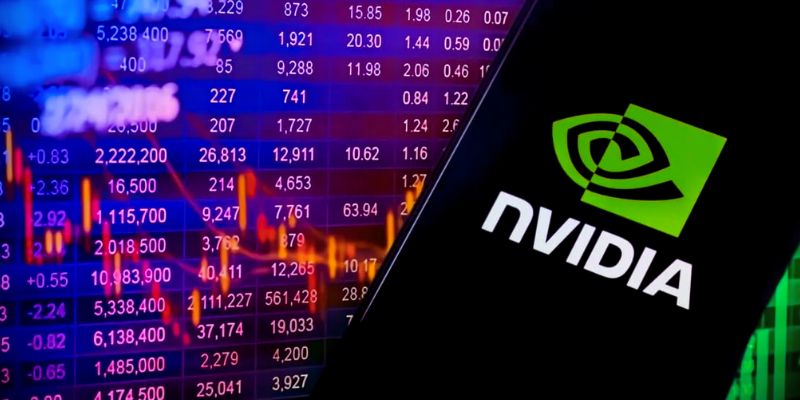
Nvidia stock is soaring thanks to rising AI demand. Learn why Nvidia leads the AI market and what this means for investors
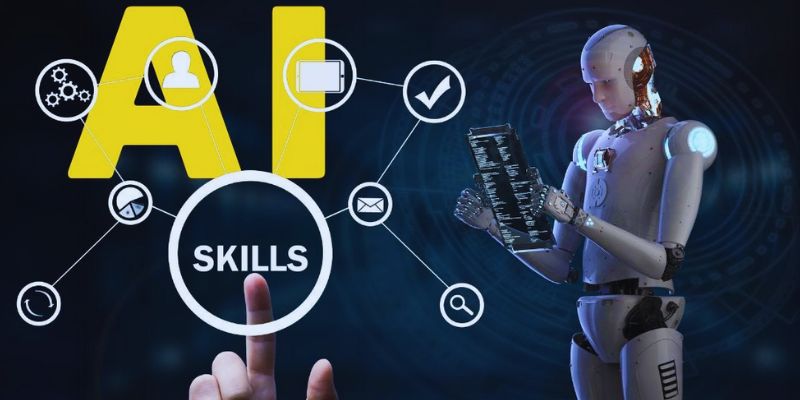
Learn about essential AI skills for network professionals to boost careers, improve efficiency, and stay future-ready in tech
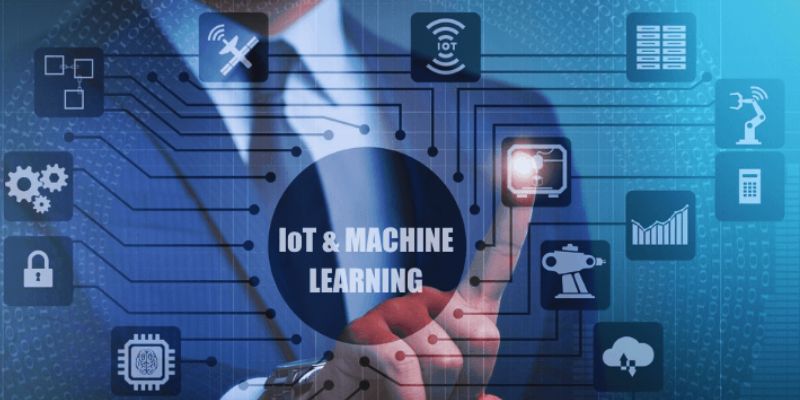
IoT and machine learning integration drive predictive analytics, real-time data insights, optimized operations, and cost savings

Discover how GLUE and SQuAD benchmarks guide developers in evaluating and improving NLP models for real-world applications

AWS unveils foundation model tools for Bedrock, accelerating AI development with generative AI content creation and scalability

Perplexity AI is an AI-powered search tool that gives clear, smart answers instead of just links. Here’s why it might be better than Google for your everyday questions